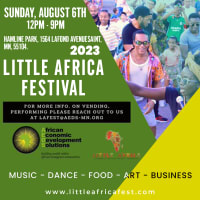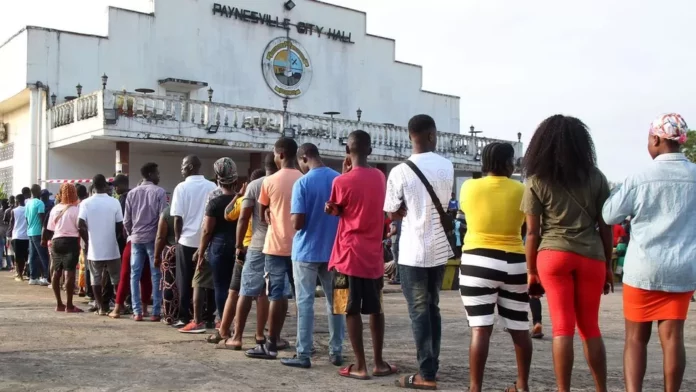Liberia is in the midst of a crucial presidential run-off election as citizens cast their votes between the incumbent and former football star, George Weah, and former Vice-President Joseph Boakai. The run-off follows a closely contested first round where President Weah narrowly secured victory but failed to surpass the 50% threshold, prompting the need for a decisive second round.
The initial round, held a month ago, was marred by allegations of fraud and violence, leading to the arrest of nine temporary staff members of the election commission over alleged ballot-tampering. The UN reported clashes between supporters of rival opposition parties, adding tension to the electoral process.
This election holds significant importance as Liberians choose their leader amid challenges and aspirations for national progress. The run-off is a pivotal moment in the country’s democratic journey, marking the fourth presidential election since the end of Liberia’s second civil war more than two decades ago.
Both candidates, George Weah, 57, and Joseph Boakai, 78, have sought to build political alliances with the 18 other candidates from the initial round. With voter turnout expected to be high, citizens are eager to participate in shaping the future of their nation.
President Weah, known for his international football career, secured 43.8% of the vote in the first round. In his campaign, he has emphasized improving education and addressing unemployment, seeking more time to deliver on his promises from the first term.
Joseph Boakai, former Vice-President under Africa’s first elected female head of state, Ellen Johnson Sirleaf, garnered 43.4% in the initial round. Boakai has focused on agricultural and infrastructure investments, aiming to rescue the nation from what he perceives as mismanagement by Weah’s administration.
The outcome of this election will influence Liberia’s path to recovery from the impact of two civil wars (1989-2003) and the Ebola epidemic (2013-2016). The West African nation’s economy showed growth in 2022, attributed to mining and a favorable agricultural harvest, according to the World Bank.
As polls opened at 08:00 local time, voters expressed their eagerness to contribute to the democratic process. The final results and the subsequent swearing-in of the victor in January 2024 will shape Liberia’s trajectory in the years ahead.







